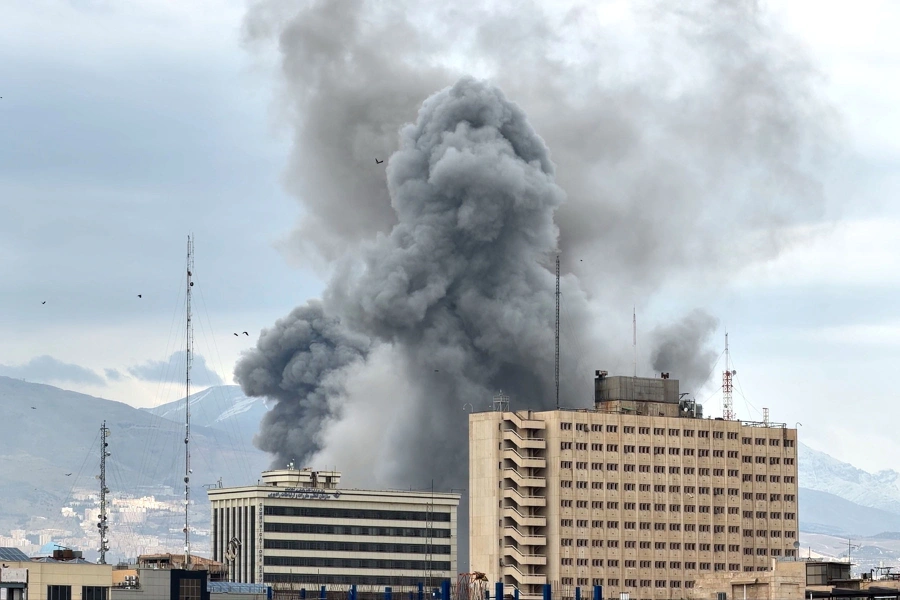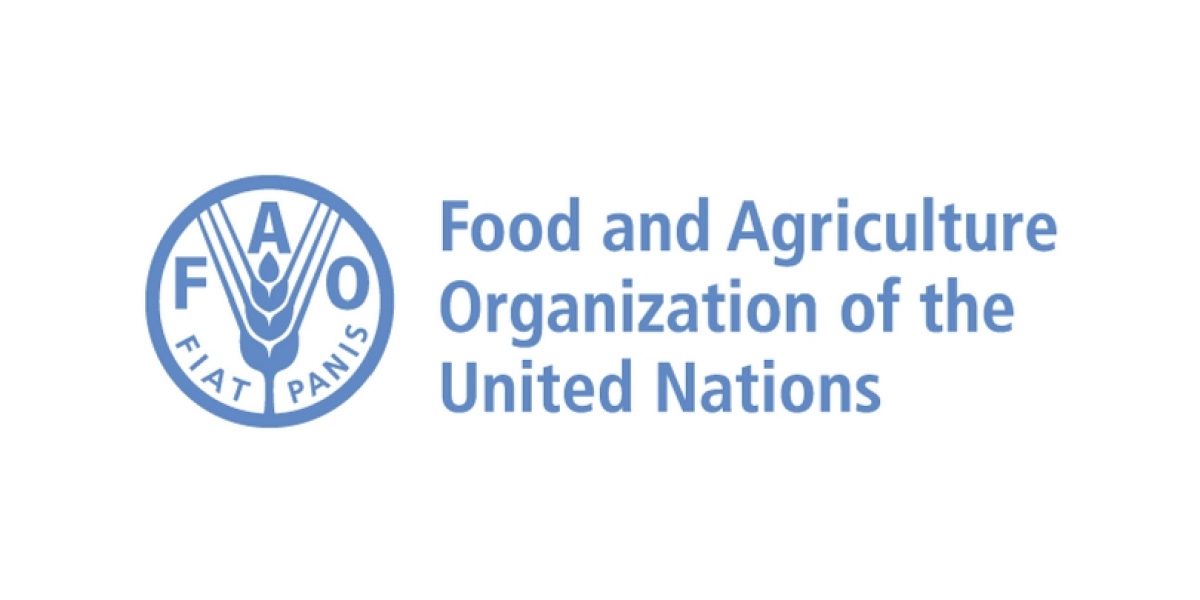COLOMBO, June 7: The Food and Agriculture Organization (FAO) of the United Nations said on Tuesday that it will support Sri Lanka in establishing a well-coordinated food safety system in the country.
The FAO will work closely with Sri Lanka's Ministry of Health to implement institutional revisions in the country's food safety policy and regulatory framework towards adopting preventive, risk-based measures across the supply chain, the FAO said in a media release.
The challenges facing Sri Lanka's food safety sector include weak regulatory and institutional frameworks that have led to vulnerabilities in supply chains, and infrastructure as well as an approach that does not consider every aspect of the food supply chain from farm to table, the FAO said.
Foreign Minister Paudyal discusses connectivity issue with Sri...

To respond to these gaps, the FAO will also work with the ministries related to agriculture, livestock development, and fisheries sectors, as well as other agricultural and food sector stakeholders to achieve a complete transformation of food safety standards in the country via institutional as well as attitudinal shifts, the FAO said.
FAO Representative for Sri Lanka and the Maldives, Vimlendra Sharan, said ensuring safe food for all Sri Lankans is not only a public health priority but also an economic necessity. The current level of poor food safety standards in Sri Lanka not only impacts public health but also hampers Sri Lanka's potential in international trade, particularly when trading with regions where markets are highly regulated, the FAO said.
Strengthening the food safety sector will not only alleviate the high cost of healthcare services, but also create a resilient and competitive food industry in both domestic and international markets, and combat the issue of food loss and waste, thereby contributing to overall food security in the country, the FAO said.
A recent study by UNIDO revealed that an improvement in food safety practices in Sri Lanka through a 30-million-U.S.-dollar investment and an annual net budgetary commitment of 9 million dollars could prevent at least 113 deaths annually and significantly boost annual export values, projected to increase by 24 percent over a decade, according to the FAO.
(Xinhua)






































